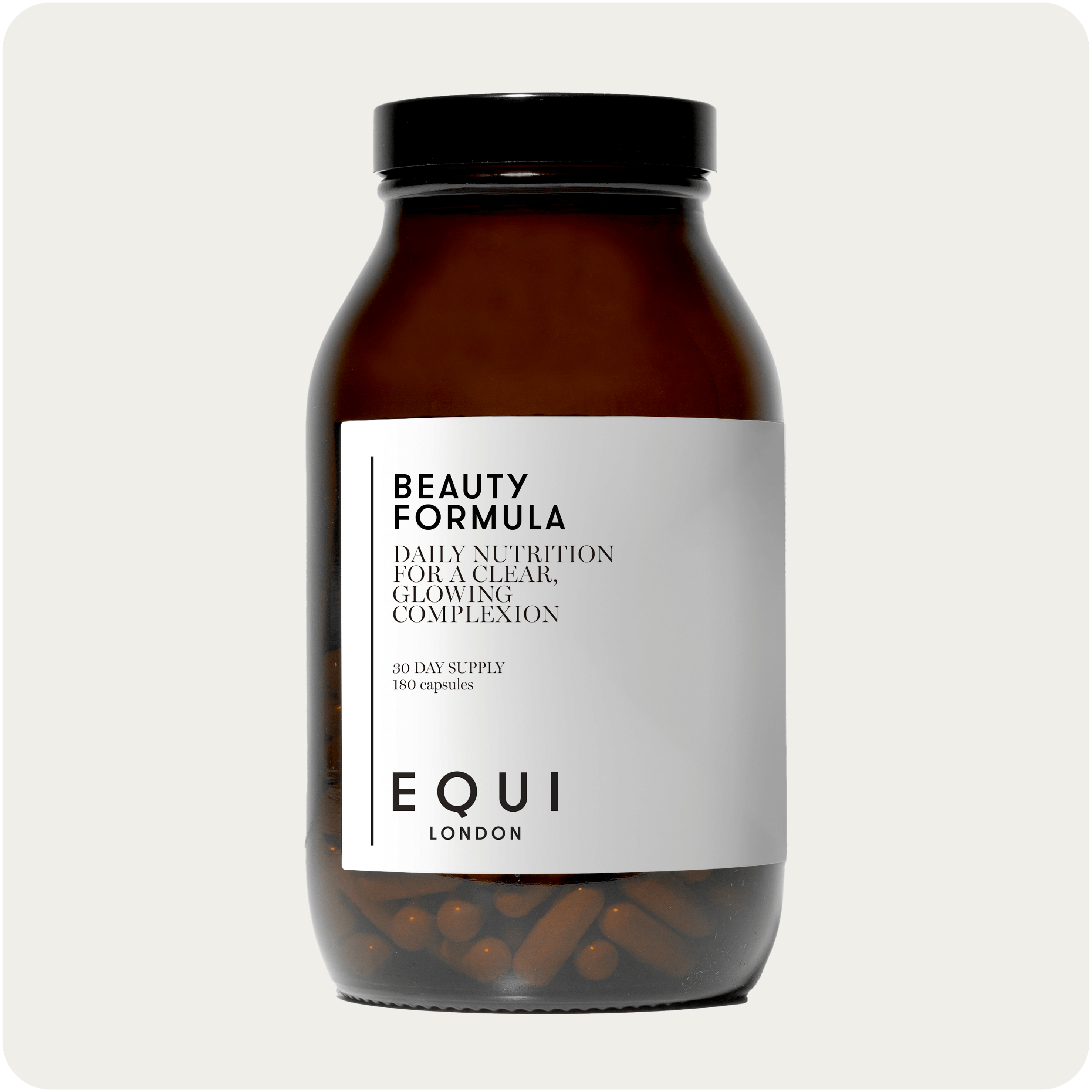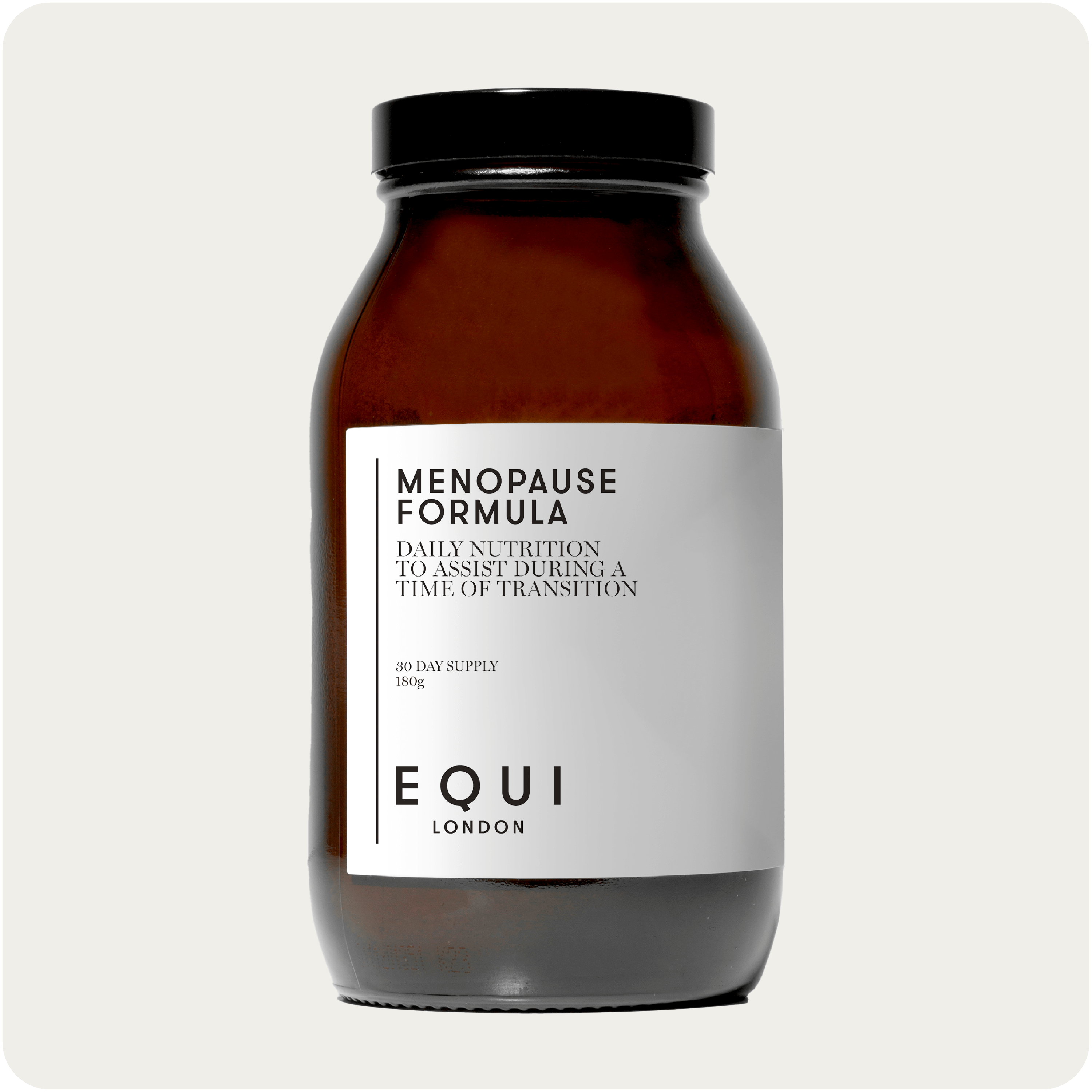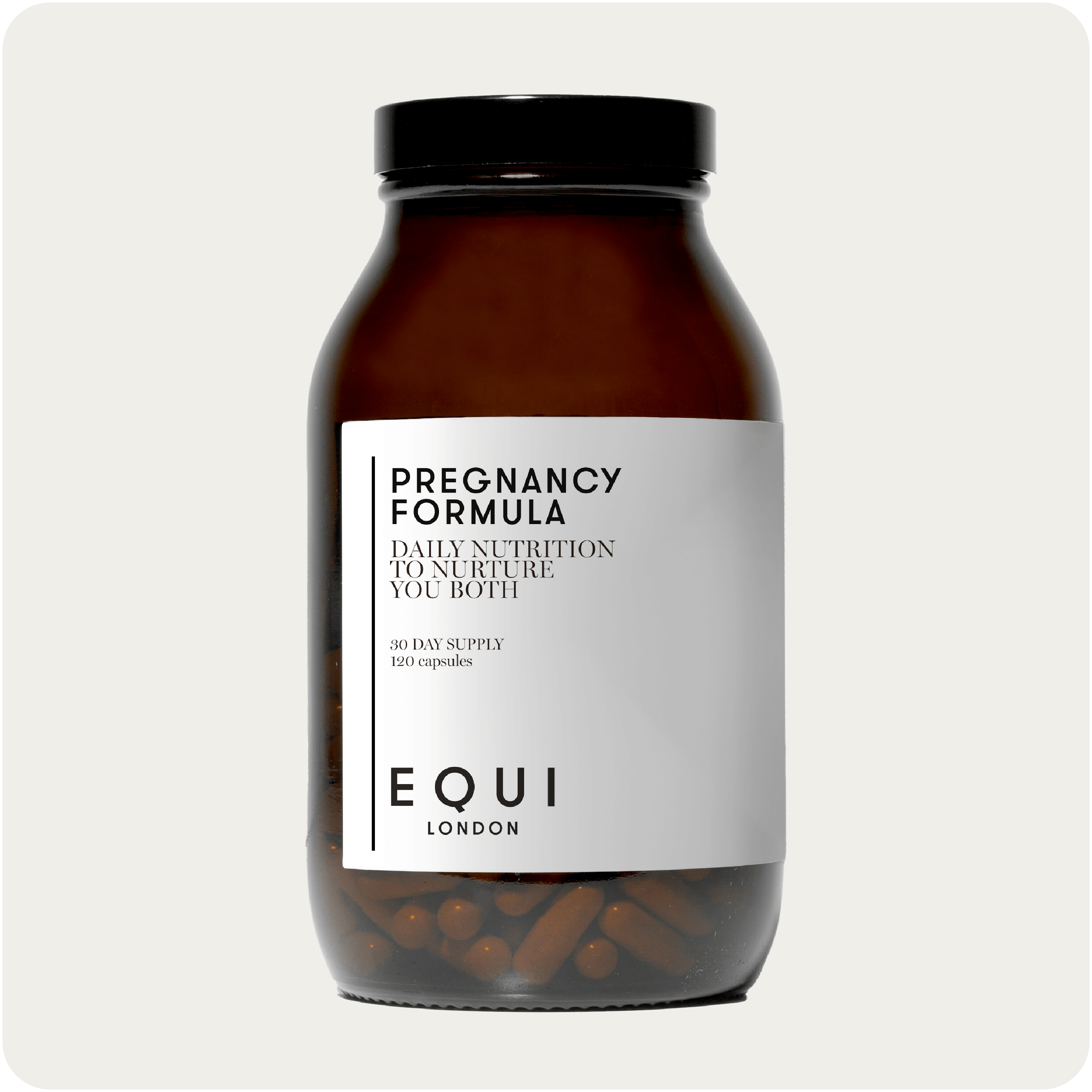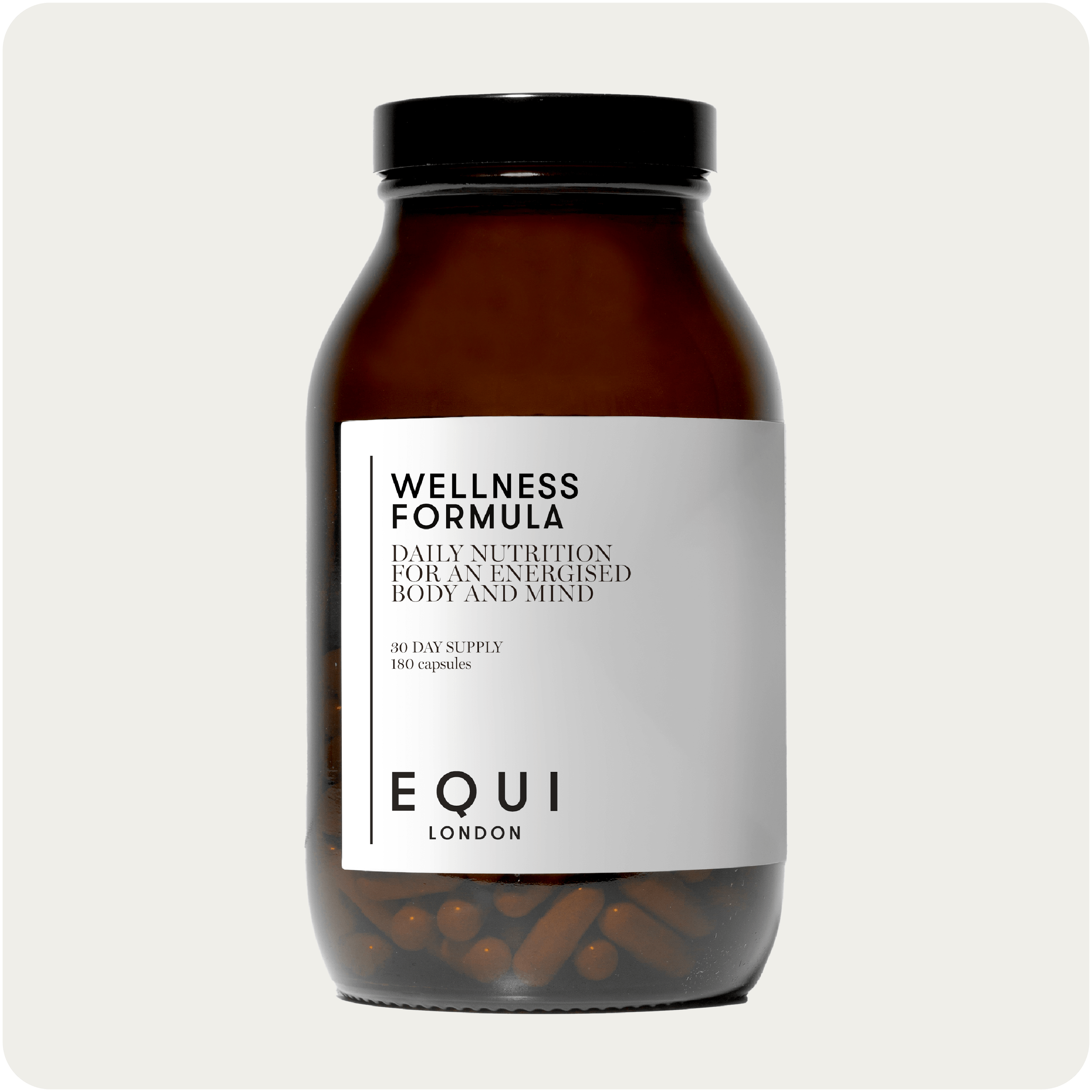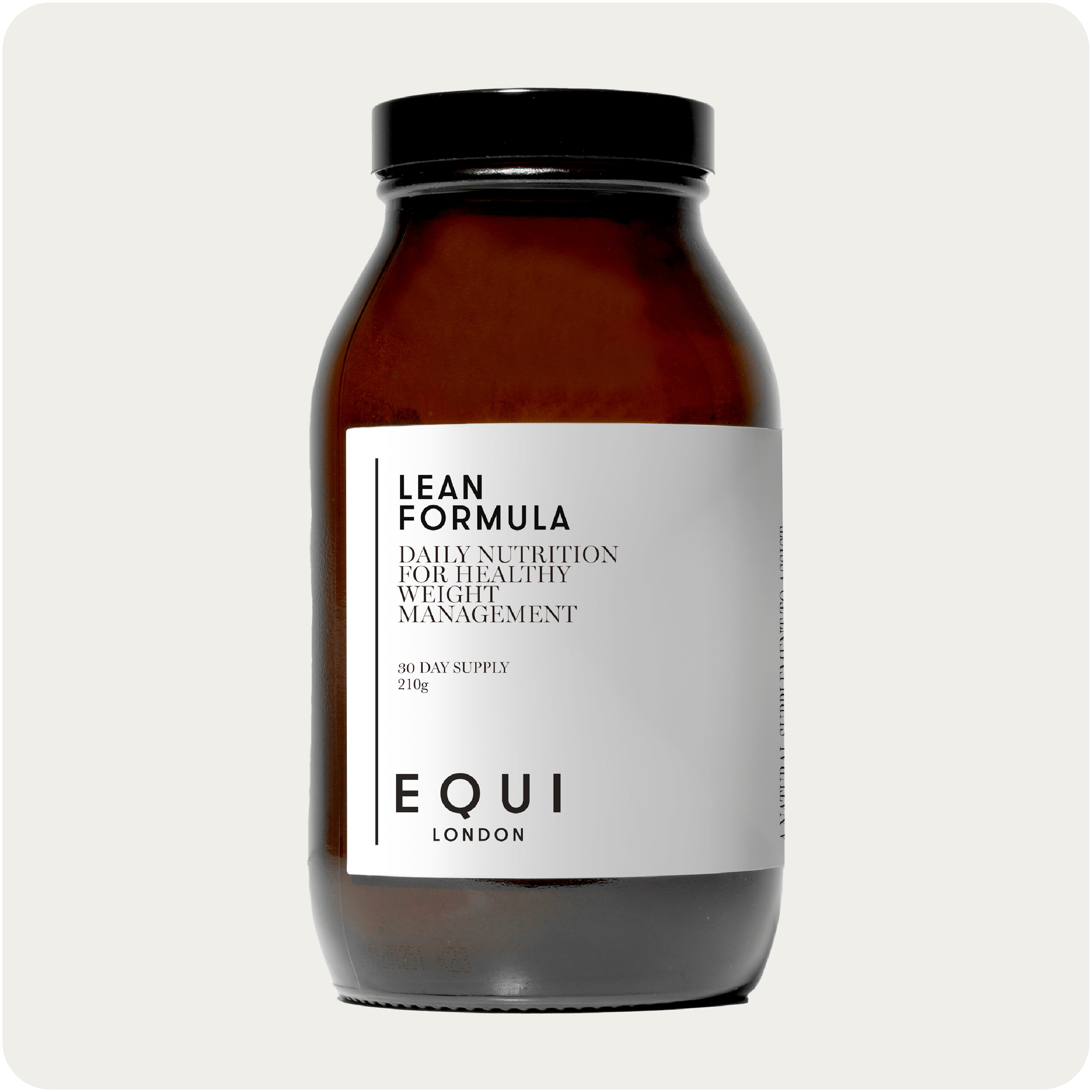
Why is a bloated stomach so common?
There are many reasons why people experience bloating. Like any machine, many things have to work together in the digestive system in order for it to run properly. Our gut is incredibly sensitive to our environment and so if you are stressed, eating the wrong type of foods, taking medication, drinking too much alcohol, or being exposed to new bacteria when traveling, it is common for things to stop working seamlessly. The result can be bloating, as well as other signs such as indigestion constipation, diarrhoea, sluggishness and aches.
What causes bloating?
The first assumption people make when they get bloated after a meal is that they had some sort of intolerance to something they have eaten. This does of course seem logical and it is definitely possible, however, it's important to ask yourself whether bloating occurs no matter what you eat and if happens regularly. If so, it’s possible the problem could be more to do with how your gut is processing food, not just the food itself. Some of the most common causes of bloating are poor digestion of food, eating too quickly, imbalances to your microbiome (gut bacteria), poor diet, and stress. Hormonal changes can also lead to bloating, which is why some women find things change at different times of the month.
Those with a sensitive system or who have been diagnosed with IBS should also watch out for high FODMAP foods (such as anything in the onion family, brassicas, as well as garlic, beans, pulses and dried fruit) which can be common dietary culprits for bloating and gas. These foods are not necessarily ‘bad’ for us (on the contrary in many cases) but contain a certain type of fiber that can stop the fermentation process in sensitive people. An imbalance in the gut microbiome can be the cause of this reaction high FODMAP foods, so it is always worth addressing this, rather than just cutting these foods out.
It is important to mention that sometimes bloating can also be caused by more complex problems such as IBS, SIBO, IBD or other gut issues, and you need to speak to an expert or your GP to get one-to-one support if you’ve been experiencing bloating with regularity.
What foods cause bloating?
Food with added sugar or refined carbs can cause the wrong types of bacteria and yeasts to flourish which can lead to bloating. Reduce these foods and watch out for hidden sugars in foods like cereals, cereal bars, yoghurts, sauces, ready meals, snacks and practically everything else that comes packaged!
Other key foods to limit, that don’t do out gut any favours include:
- Burnt or charred food, especially meat
- Processed meats
- White refined carbs and sugar
- Over-reliance on gluten and dairy
For some people, high FODMAP foods can be limited, but only when advised by a doctor or health care professional (such as anything in the onion family, brassicas, as well as garlic, beans, pulses and dried fruit). Also, consider the health of your gut bacteria as this can showtimes be an area to address if you regularly experience bloating when eating these foods.
What else can we do to get rid of bloating?
First, make sure you digest food well – this begins in the stomach and when it doesn’t happen properly then problems can occur further down in the gut. Chewing properly is essential for this – many of us bolt our food or work whilst eating, so it’s vital to be more aware of this! A teaspoon of apple cider vinegar in water at the onset of each meal can help, or try hot water with lemon, ginger and a pinch of cayenne pepper. Spicy and warming, this can help encourage digestive juices to flow.
Next, look after your gut’s ecosystem. An imbalanced gut microbiome can be a major cause of bloating. Antibiotics and other medications, low immunity, as well as a poor diet, alcohol and stress all impact on our vital balance of gut bacteria. The foods listed above are ones to limit here but also remember that a diet rich in fibre is essential for helping to improve the gut bacteria diversity. Get a wide array of different vegetables daily, as well as fruit, legumes, wholegrains, nuts and seeds. Fermented foods such as natural yoghurt, kimchee, picked vegetables, kefir (which is now widely available) are also great as well as probiotics, which we discuss below.
Managing stress is another key factor for many suffering with bloating. Scientists are learning that the digestive system and our brains are closely linked – known as the gut / brain axis; science is radically rethinking how messages are communicated throughout our bodies. It was widely thought that messages were sent mainly from the brain to the rest of the body, however now we are realising the stomach also sends messages to the brain. That’s why the gut was more recently dubbed ‘the second brain’ by Professor Michael Gershon. Stress affects the gut/ brain axis negatively, which can result in bloating.
A key underlying change to improve the gut / brain axis is to eat a more varied diet. Ancestral man ate around 150 ingredients each week whereas modern man eats around 20. Our digestive systems, and the healthy bacteria they contain, thrive on a varied diet, especially rich in fiber, herbs, fresh stocks/bone broth, colourful spices, healthy fats and nutritious anti-oxidants found in dark green, purple, orange and red fruit/veg. We love this positive message! It’s not about cutting foods out per se, rather it’s about adding variety in for the healthiest gut/ brain axis.
Another key thing to work on here is to really manage your stress especially if you are suffering with signs of this such as anxiety, sleeplessness or low mood. Breathing exercises, positive affirmations and gratitude journalling are effective additions you can make to your daily routine to help.
Can probiotics help with bloating?
We hear a lot about probiotics but few of us fully understand what they are, what they do and whether we actually benefit from taking them. You may well have seen adverts for probiotic drinks on the TV, with pictures showing the presence of bacteria in the intestine. The large bowel contains up to 100 trillion bacteria at any one moment (that’s more cells than the body produces in a lifetime) with thousands of different strains working to keep the gut environment harmonious.
Probiotics are strains of good bacteria that when consumed, help to “top-up” our own levels of bacteria and support the gut’s ecosystem. Found naturally in fermented foods like yoghurt, kefir, miso, sauerkraut and kimchee, they can also be taken in supplement form in capsules, powders and drinks, such as Equi. We use Lactospore® probiotics in our Formulas which are a vegan form (most on the market are derived from milk sources) and have been found to reach the gut in their optimal state; i.e. resistant to damage by stomach acid. They're also resistant to damage during storage; many on the market need to be stored in the fridge and can die in transit. We also include a digestive enzyme in our formulas to further aid gut health.
On rare occasions, those with IBS or long-term digestive concerns can find they get bloating or discomfort when they first start taking probiotics, which is generally a sign that other aspects of gut health need to be managed first. If you’re unsure, speak to a doctor, nutritional therapist or the Equi Team.
What else can I do to support my microbiome?
We are exposed to a huge variety of bacteria all the time be it in food, water, or from other people, and this will increase if you travel abroad to hotter climates too. This isn’t a problem, and in fact getting a wide array of bacteria into the body is good for us. However, sometimes new and less ‘friendly’ bacteria can lead to bloating and similar symptoms. Our digestive system should protect us from most of these, but again, this defense mechanism can become compromised if your gut isn’t functioning properly.
Foods such as garlic, turmeric, papaya, ginger, coconut, Pau D'arco tea, fresh oregano, fresh sage, cinnamon, nutmeg, cloves, pomegranate, cardamom, chilis, fresh wasabi/horseradish, and cayenne can all help to support gut health, so include these with regularity.
If you find some of these make you more bloated or aren’t helping, it may be because you need to address your gut microbiome, and you should speak to an expert.
We would love to hear from you! Drop us a line, or check out our Instagram or Facebook to see what we are up to and hear about exclusive offers.
Disclaimer: Certain supplements are used for different reasons and a one-size-fits-all approach shouldn’t be adopted. In addition, pregnant women and anyone on medication should always consult a doctor before embarking on a supplements programme. As with all articles on www.equilondon.com, this is no substitution for individual medical or nutritional advice.
